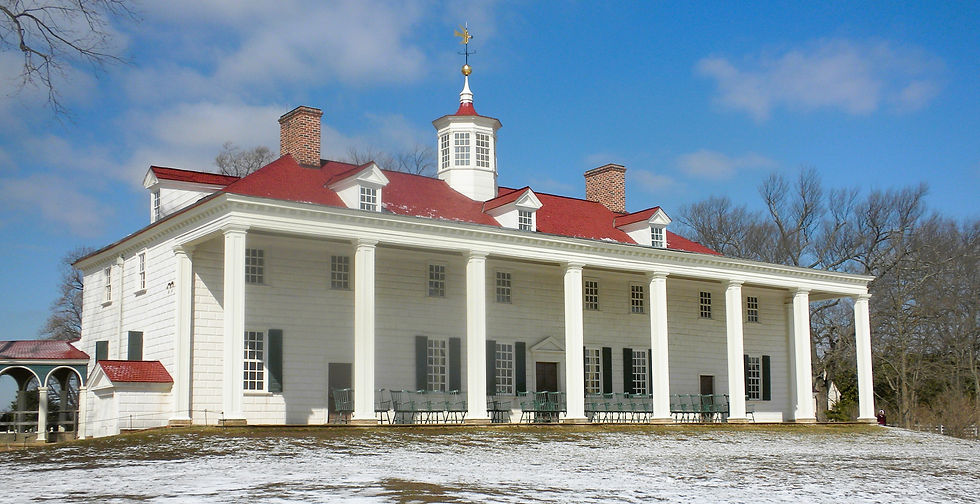Gratitude Friday 06-07-24 – Bayeux France Still Welcomes Its Liberators
- Bill Stauffer

- Jun 7, 2024
- 4 min read

DDAY was June 6, 1944, 80 years ago yesterday. The landing of allied forces remains the largest coordinated movement of humans and machinery in the history of the world. It was a huge gamble that could have been disastrous. So many moving parts that could have gone wrong. Add in the channel weather and if the Germans had been prepared and it could have failed, with incalculable losses in life. We know now it worked. They cleared the beachhead and established supply lines. On June 7th Bayeux France became the first city liberated. There is a short history of that liberation here.
In the year 2000, I had the opportunity to spend time in Normandy and walk the streets of Bayeux. I saw with my own eyes that decades after DDAY, the people of Normandy remained grateful for their freedom, which came from the sea, often bearing the stars and stripes of our nation. It was in the era when some on our side of the pond renamed a common staple of fast-food living Freedom Fries. But on that day in the year 2000 the silliness of our own era seemed distant when later on that very same day we visited the Normandy American Cemetery.
Looking out on those flat beaches with rows and rows of white grave markers of very young men behind me, the gravity of what they faced running up those beaches under a withering fusillade pouring into them was palpable in a way that can only be experienced by seeing it in person. Something I wish more Americans had the opportunities to experience first-hand. We have a lot to learn from that generation, at least from my perspective.
Consider that 80 years after the town was freed, the people who lived in it remain grateful. It provides a sense of the magnitude of what was done. You may also ask why I think such stories are important in our contemporary times. The reason is that the stories we tell about who and what we are matter a great deal. In WW2, every American sacrificed something. People rationed, families sent their young men overseas to fight and the nation came together to fight against fascism. This is who we are to the people who live in Bayeux France, because we showed them this is who we were in that era, and they have not forgotten. We should not either.
Admittedly those times seem a distant past, perhaps easier for a person of my age to relate to as the generation that raised us went through it. We should consider carefully what the stories are of who and what we are in our own times. Where is our heroes’ journey through the dark night? What inspires us to do and be better versions of ourselves?
As a person in recovery, I relate to this as my own narrative went from a person who never failed to fail to one of recovery and the journey to a life beyond what I considered possible. I can tell you that part of the shift in me was a shift in the narrative I told myself. The moments when I began to consider I just might do better, led me to be a better person. In some ways, nations are like people and in this manner, the narrative of who we are as a nation matters.
While our collective narratives may be more complicated, I don’t have the sense of a collective narrative of a united people who do difficulty things for good reasons. From my journey through life, I suspect we have all of those good qualities within us. Most people have good hearts and want others to do and be well. Yet this is not our narrative of who and what we are. We seem to be in a bit of a national funk. History shows us we are not the first generation in US history to go through such a collective identity crisis. We tend to rise to the occasion when facing common challenges.
On that day on that landing beach, I saw the graves markers of what I consider at my age kids. Markers from every state. They had different religions, political beliefs and a myriad of other things that made each of those lost lives unique, but they went up that beach together and many never came back home. One way to look at this is that the best way we can honor such profound sacrifices would be to find something bigger than ourselves to draw us together to honor them.
Growing up, I was taught about the greatest generation and our ethos of doing hard things because we can. What is the narrative we are showing our young people about who and what we are? Is it a narrative that will instill in them pride and challenge them to live up to? Do we think it matters?
The people of Bayeux France are still grateful for their liberators. As noted in the news yesterday, about 180 American WWII veterans attended the ceremony yesterday in Normandy. These veterans, over or approaching age 100, sat on a shaded stage in wheelchairs, covered in blue blankets and wearing red, white and blue scarves.
Are we grateful for what those who came before us did for us? What are we doing to show it? I am grateful to the people of Bayeux and around the world for reminding us of who and what we can be.
What are you grateful for today?










Comments